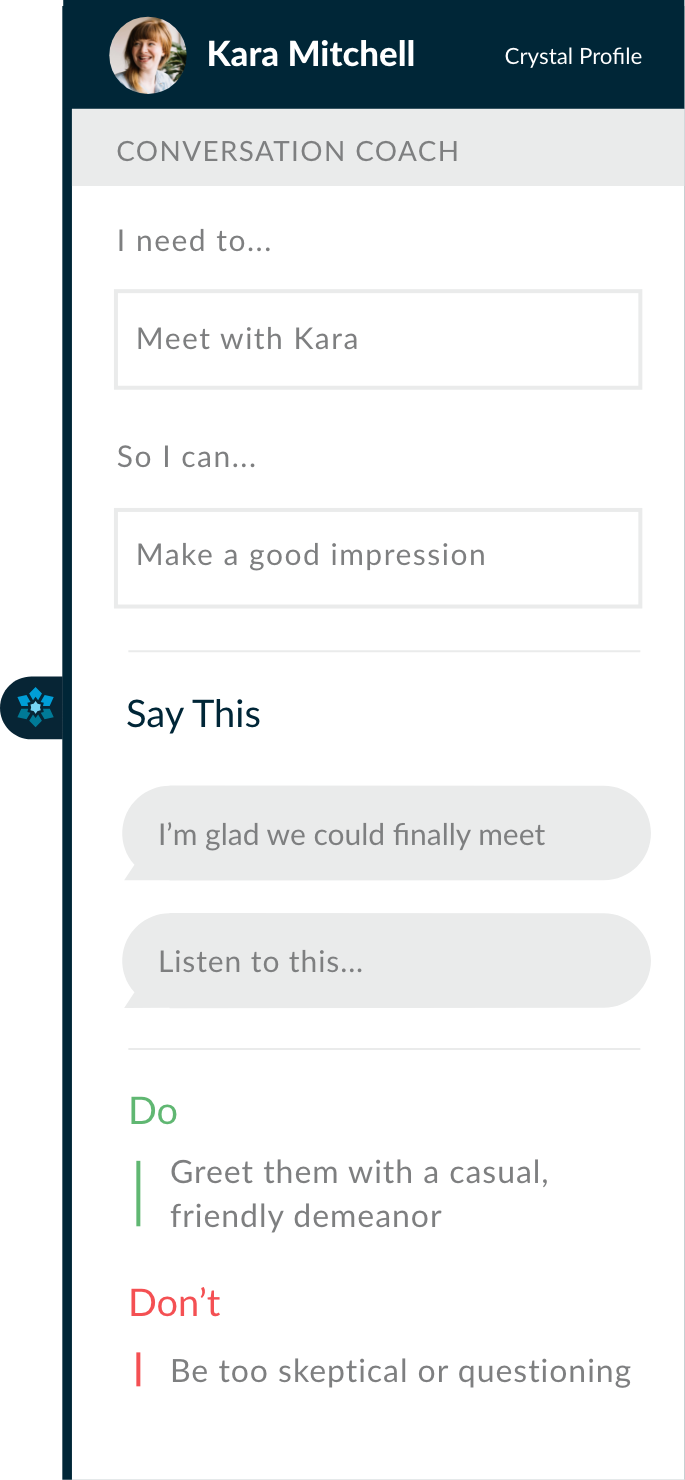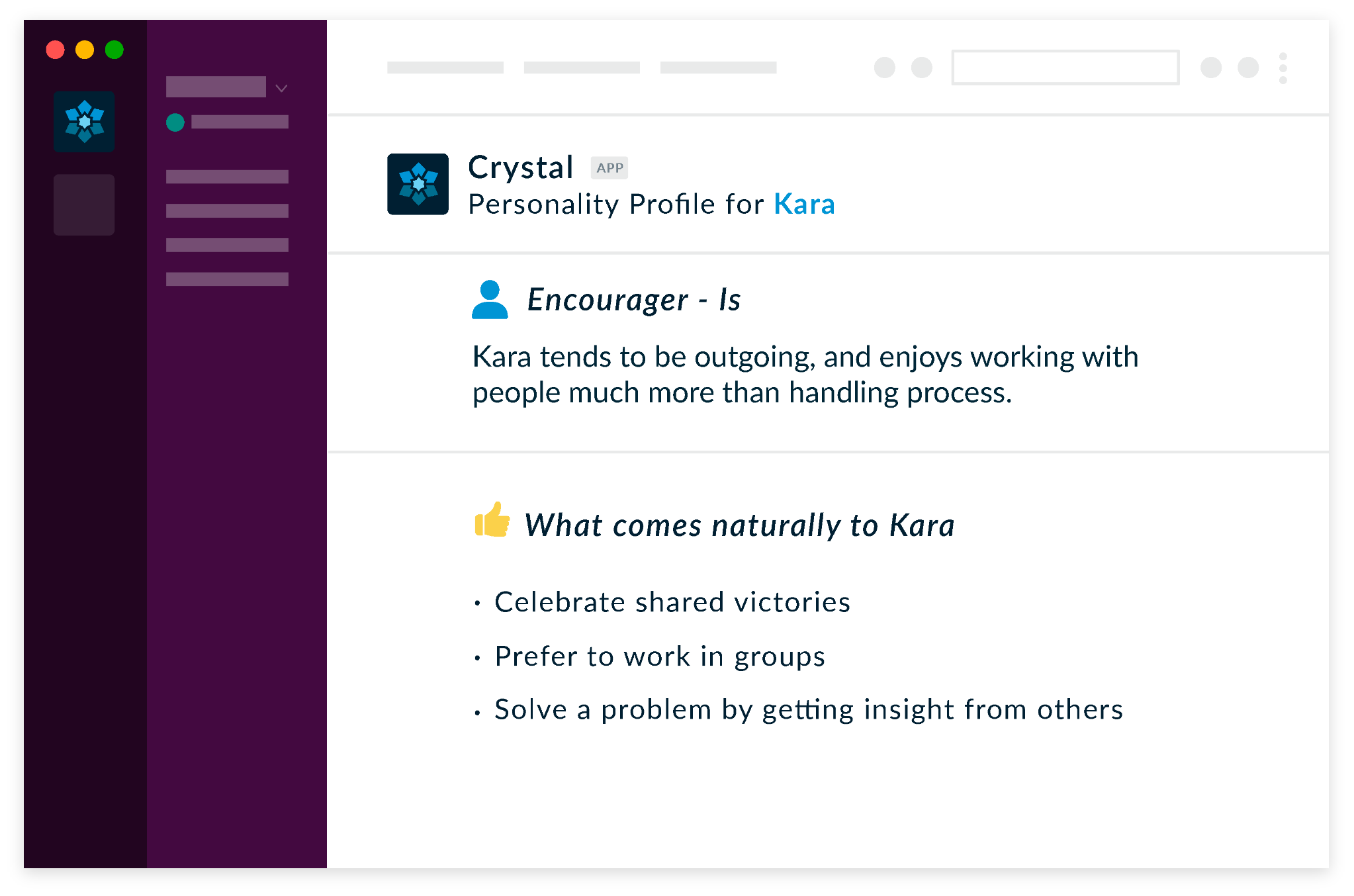to Personality Types
Learn what DISC, 16-Personality, Enneagram,
and the Big Five can tell you about yourself
Personality impacts everything we do, including the career path we choose, the way we maintain our friendships, how we communicate with others, and what we choose to do with our free time.
strengths.
Your personality is already shaping your life and the lives of those around you. So, when you learn more about it, you will likely feel more connected, more self-aware, and more capable of making wise choices.
Currently, there is a lot of work being done in the fields of psychology and neuroscience to understand more about personality traits and their causes, and much of it remains a mystery. However, over the past few decades, this learning process has accelerated and we have learned far more than when the first personality models were created.
There are natural variations in our brain structures and chemistry.
We inherit some personality traits; certain traits are likely to be more heritable than others.
Some nature-related personality traits, like temperament, may take time to emerge.
We can be altered by the relationships we build with peers.
We can change after experiencing traumatic events.
The culture we are born into plays a large role in our development.
There are many personality models, but four of the most popular are DISC, 16-Personalities, Enneagram, and Big Five.
Improving communication skills
Leadership development
DISC is easy to learn since there are four overarching categories.
The results are useful for both individual and relationship insights.
Because DISC offers more general insights, it’s much easier to apply practically
DISC doesn't tend to offer deeper, more emotional insights.
Personality insights for large audiences
Tends to be popular among the general public.
There are plenty of online resources that can help people learn more.
Each personality trait is represented as a binary "either or," rather than a normal distribution
Counseling
Relationship development
Allows for more specific typing through its use of “wings”.
Accounts for personality abnormalities in times of stress and growth.
It lacks the psychological evidence to support the ways in which it categorizes personality.
Counseling
Population personality studies
The results are relatively easy to understand.
The measurements are very precise for the individual traits.
People are more likely to be upset with their results in regards to Neuroticism.


Personality data gives you a deeper look into the people around you and can be used in infinite ways. Here are a few:

Crystal has already created a few tools to help you utilize personality data in your daily life.
Crystal can create a personality profile for anyone, whether a co-worker, friend, prospect, customer or job candidate. Personality profiles offer insights into someone’s natural behaviors, strengths, blindspots, communication styles, and more and are created in two ways:
Predictions tend to be best for those you don’t know. Use the Chrome Extension to create a predicted profile for someone through LinkedIn or a CRM record in tools like Salesforce.
Create your own profile

Crystal’s Chrome Extension generates a predicted personality profile by analyzing someone’s LinkedIn page or CRM record in tools like Salesforce. This will help you better understand how another person likes to communicate (even if you don’t know them) and offer suggestions for how to format and phrase your emails to them. Whether you need to build personal rapport, request meeting times, negotiate, collaborate, or just make an effective sales pitch, you can start guessing less and sending emails with more confidence.
DownloadEvery call, meeting, and discussion you encounter is a unique situation, and you don’t always have much time to prepare. To help with this problem, you can use Crystal to get scenario-specific advice for communicating with your colleagues, clients, and potential customers. Crystal can help you resolve conflicts, collaborate on a project, brainstorm ideas, deliver difficult news, and more. Rather than flying blind, it’s like having an expert sitting next to you, telling you the best way to begin the conversation, frame your message, and call others to action.
Download

Crystal’s Slack app allows you to access personality insights quickly within Slack. Rather than needing to go directly to Crystal’s website or mobile app, you can view personality profiles for co-workers and get communication guidance for everyday situations without ever leaving a conversation in Slack. Crystal’s Slack bot offers communication advice for specific scenarios, as well personality overviews for your coworkers, which will help you improve communication with others.
Learn MoreCrystal’s mobile app makes personality insights available wherever you go. Use the app to take a personality test from your phone, view personality profiles for others, and invite friends or co-workers to join you. The mobile app also provides a seamless way to use Crystal’s Conversation Coach on-the-go, so you can get real-time advice for time-sensitive scenarios, like making a good impression on a hiring manager or resolving a tense conflict with a friend.
Learn more


